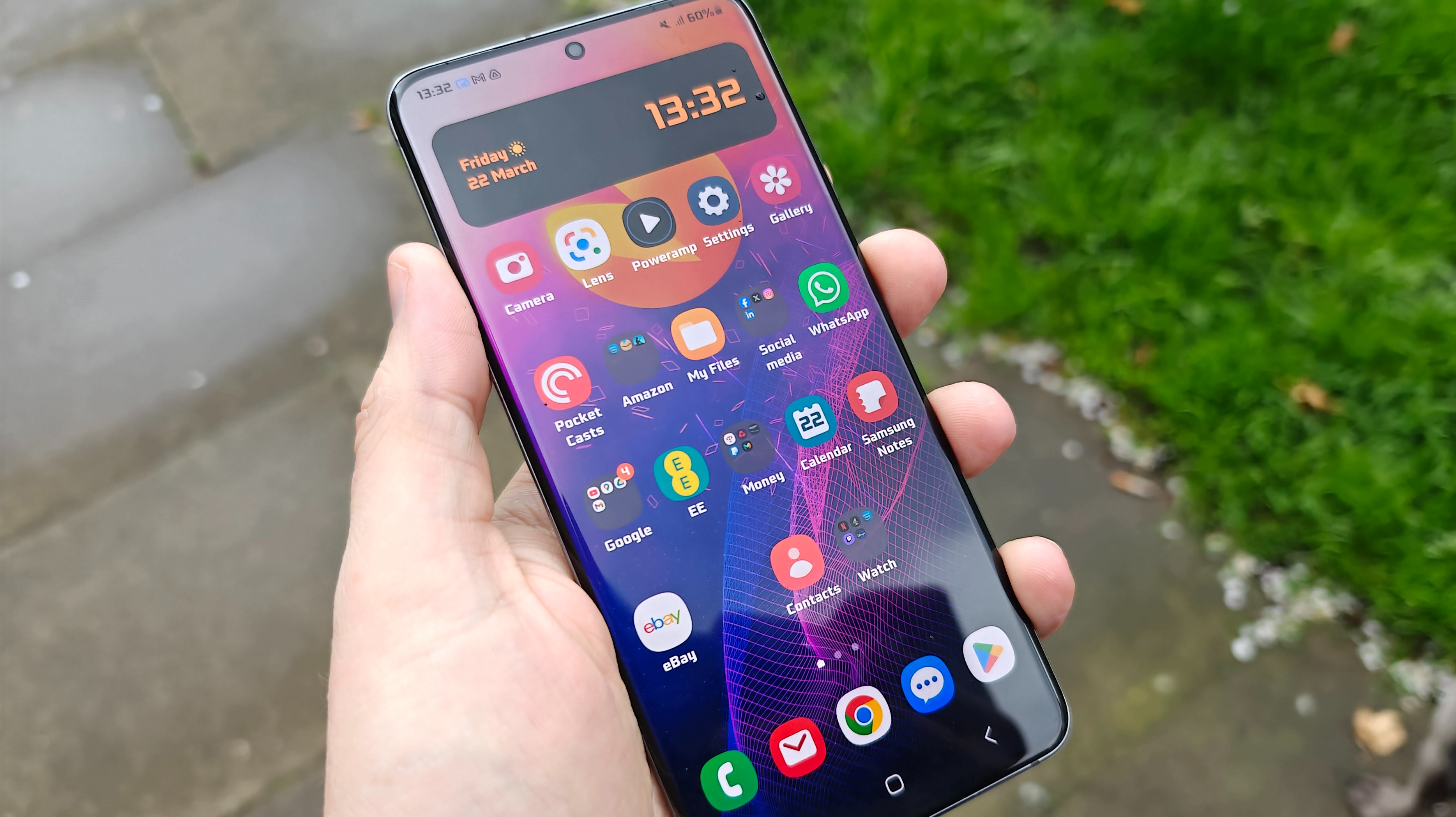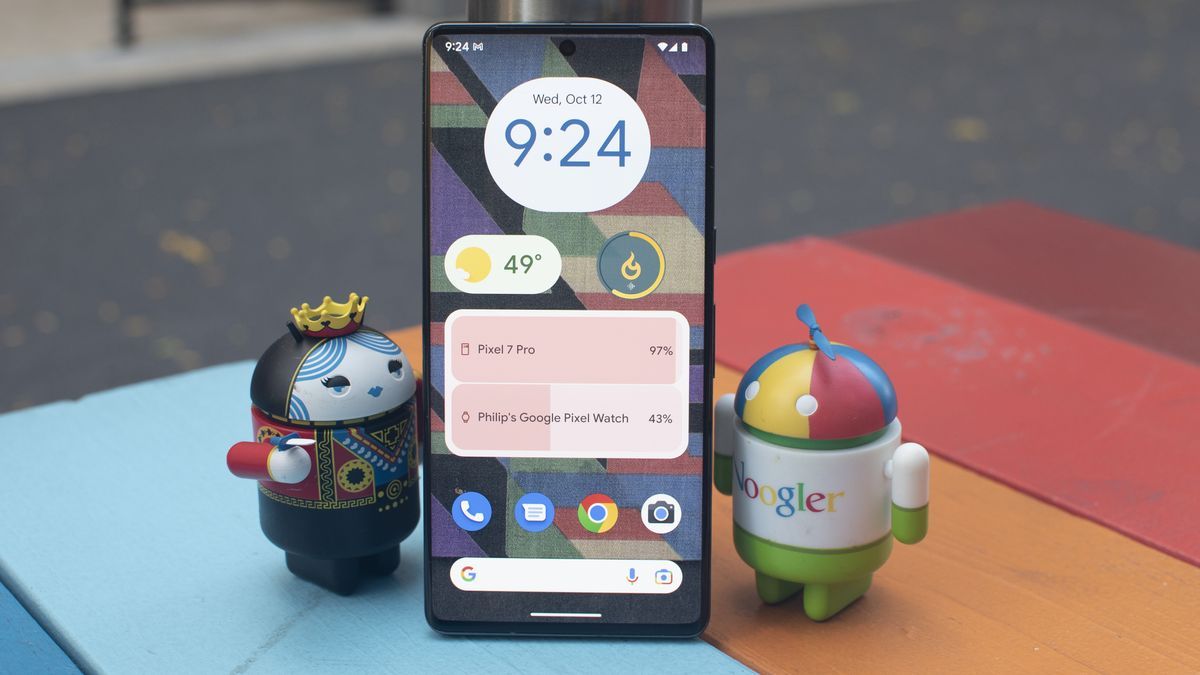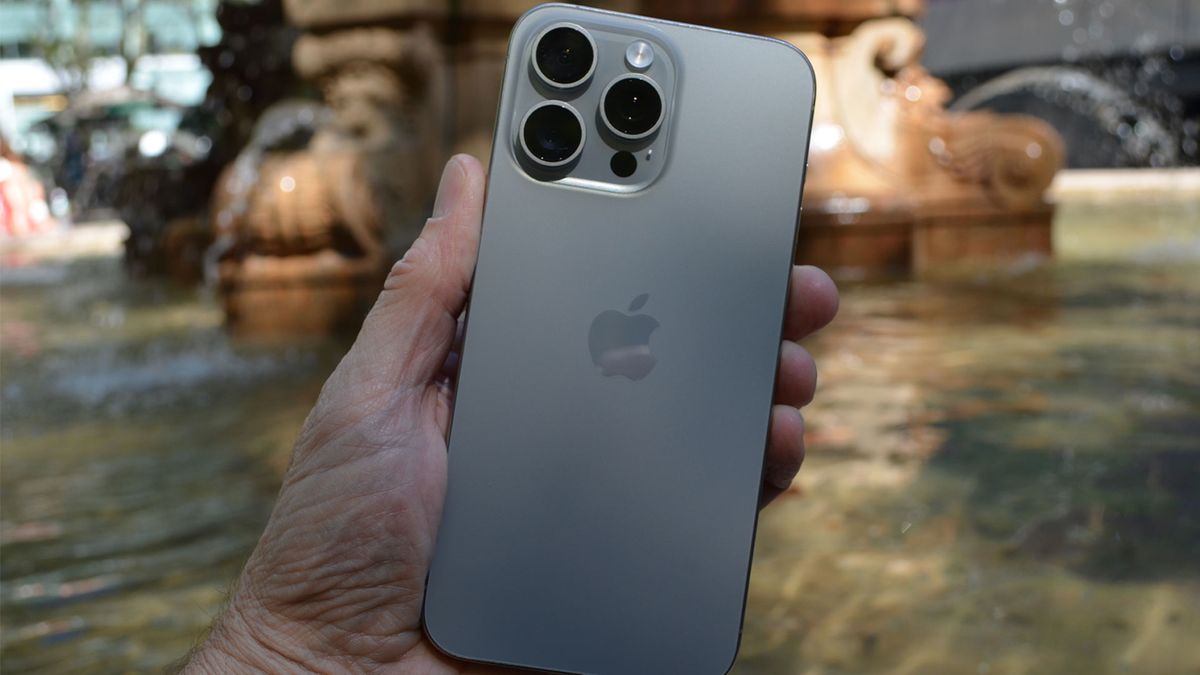Google just announced a host of new features that should help protect your Android device (and the valuable data on it) if it's lost or stolen. Together, they could help thwart a thief's attempts to resell your device or profit from your data.
Unsurprisingly, given the current artificial intelligence (AI) mania, AI plays a role in one of the most interesting new features Google has introduced. Called theft detection lock, it uses artificial intelligence to determine if someone snatched the phone from your hand and then tried to escape by running, cycling or driving. If the Android phone detects that sequence of events, it will automatically lock your phone, denying access to everything on it.
Another tool that can help you the moment your phone is taken away is offline device lock. This will automatically lock your device's screen if you have been disconnected from the internet for an extended period or after you have made a large number of failed authentication attempts.
If your phone is already in the wrong hands, Remote Lock will allow you to lock the screen using your phone number. You can do this from any device after passing a security challenge, and that means you don't need to remember your Google Account password in the heat of the moment.
Anti-theft protections
All of those new features come into play after your device has been stolen, but Google has also added means to deter criminals from taking your Android phone in the first place.
For example, if an Android device is reset to factory settings, a thief will need to know your device or Google account credentials. If they don't, they won't get any further, making it very difficult for them to erase your device and sell it. Additionally, disabling Find My Device now requires a PIN or biometric authentication. This reduces the chances of a bad actor hiding your phone's location from you.
Google has also introduced a new “private space” feature on Android. This allows you to set up a dedicated area on your phone that can be hidden and protected with a PIN separate from your phone's main credentials. You can then use this private space to store apps that could contain sensitive data that a thief would want to access, such as financial or medical information.

On top of that, a new 'enhanced authentication' setting (which needs to be enabled) requires biometric verification when accessing key Google account and device settings from an untrusted location, such as changing your PIN, disabling protection against theft or access your passwords.
This last feature is reminiscent of a similar tool that Apple has added to iOS called Stolen Device Protection. This makes biometric authentication a requirement for many important actions and also imposes timeouts for changing certain settings if your phone is in an unknown location.
Like new iOS features, Google's updates for Android could be just what you need to keep your phone and data safe. Google says factory reset protection and private space will be available in Android 15, while improved authentication protections will “launch for select devices later this year.” All other features will be available for devices running Android 10 or later.









